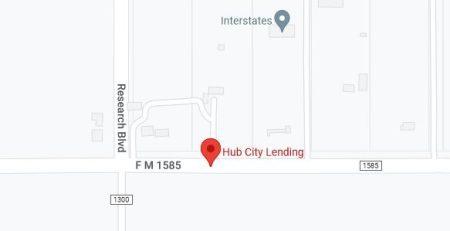
What Is An Invoice?
A time-stamped commercial document known as an invoice lists the specifics of a transaction between a buyer and a seller and records it. The invoice often details the conditions of the contract and lists the acceptable forms of payment if goods or services were acquired on credit.
Invoice Definition
Invoices can be used by businesses to keep tabs on the overall amount of money that clients owe them.
Invoices can aid businesses in getting paid in full and on time. Additionally, they act as proof of sale and give a way to follow:
- the product or service’s sell-by date.
- what the company charged for the product or service.
- any unpaid sums that the client owes.
Additionally, because they generate a paper trail, invoices can assist you to defend your business in the event of an audit. If the IRS questions your tax returns, detailed invoices will show them exactly where your money came from.
Enter the invoice amount as the buyer’s accounts payable when selling goods or services. The invoice is included in the company’s accounts receivable.
Types of Invoices
Depending on the invoice’s purpose, many invoice kinds may be sent to customers. Here are some of the most typical invoice kinds that you could encounter when making a payment.
- Pro forma invoice
Customers receive pro forma invoices prior to receiving a good or service. Pro forma invoices are used by businesses to help clients comprehend the size and price of a forthcoming project. Prior to the issuance of a formal invoice, pro forma invoices are sent to clients to provide an estimate of the cost of a good or service after delivery.
- Interim invoice
When a significant project is billed across several payments, interim invoices are generated. Customers receive interim bills as progress payments for a project become due. Businesses can better manage their cash flow by using interim invoices, which provide them the ability to collect payments as the project progresses. Instead of waiting until the project is finished, interim invoices might assist you in paying project expenditures as work is finished.
- Recurring invoice
To obtain regular payments from clients, recurring invoices are generated. Recurring invoices are typically sent out whilst a project is still in progress. As an illustration, a marketing firm may send clients recurring bills each month to collect payment for services rendered.
- Credit invoice
When a business needs to give a consumer a refund or discount, a credit invoice is generated. A negative-sum will be included on the invoice to reflect the expense of the customer’s money being refunded.
- Debit invoice
When a company needs to raise the amount a customer owes for a service or product, a debit invoice is generated.
- Commercial invoice
Commercial invoices are customs forms used by individuals and companies when they export products abroad. Tariffs are computed using the information on business invoices.
Benefits Of An Invoice
- Prompts payment- When upfront payment is not necessary, it encourages payment because there is a good likelihood that a consumer won’t pay you without first receiving an invoice. It is uncommon to receive payment for goods or services prior to the issuance of an invoice, and debts are rarely repaid spontaneously and without prompting.
- Clients are reminded of the services rendered or goods delivered through invoices- Since an invoice is an itemized bill, the client can see what they are receiving for their money.
- They serve as an efficient record-keeping tool- Businesses must keep records for a number of years, according to the IRS. Without precise and current records of all bills sent and received, a business runs the danger of facing serious legal ramifications.
Related vs Accounts Receivable Financing
One of the benefits of accounts receivable finance loans, businesses can get paid early for their unpaid invoices. When using accounts receivable finance, a business agrees to prepay part or all of its outstanding invoices in exchange for a fee from the funder.
Accounts receivable refers to money that consumers owe you. An invoice (or bill) that has been sent becomes a component of your accounts receivable until it is paid.
For more information on our financing services please contact Hub City Lending and we will get you on the path to financial success.


Location: Lubbock, Texas, United States
Work:Owner/Broker @ HubCityLending
Education:University of Texas at the Permian Basin, Master of Business Administration, 1999 – 2001



